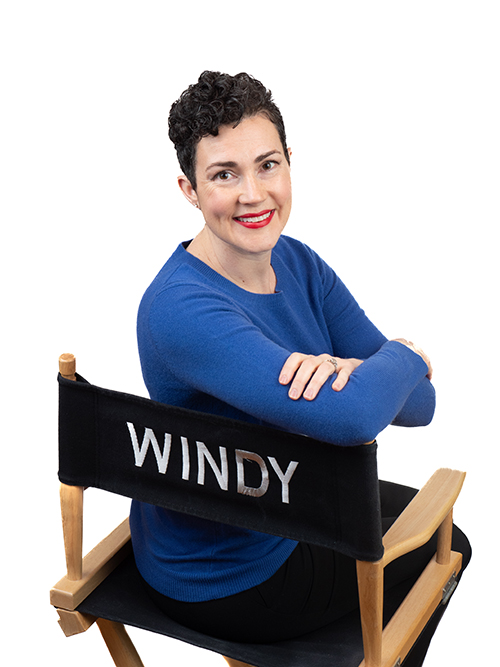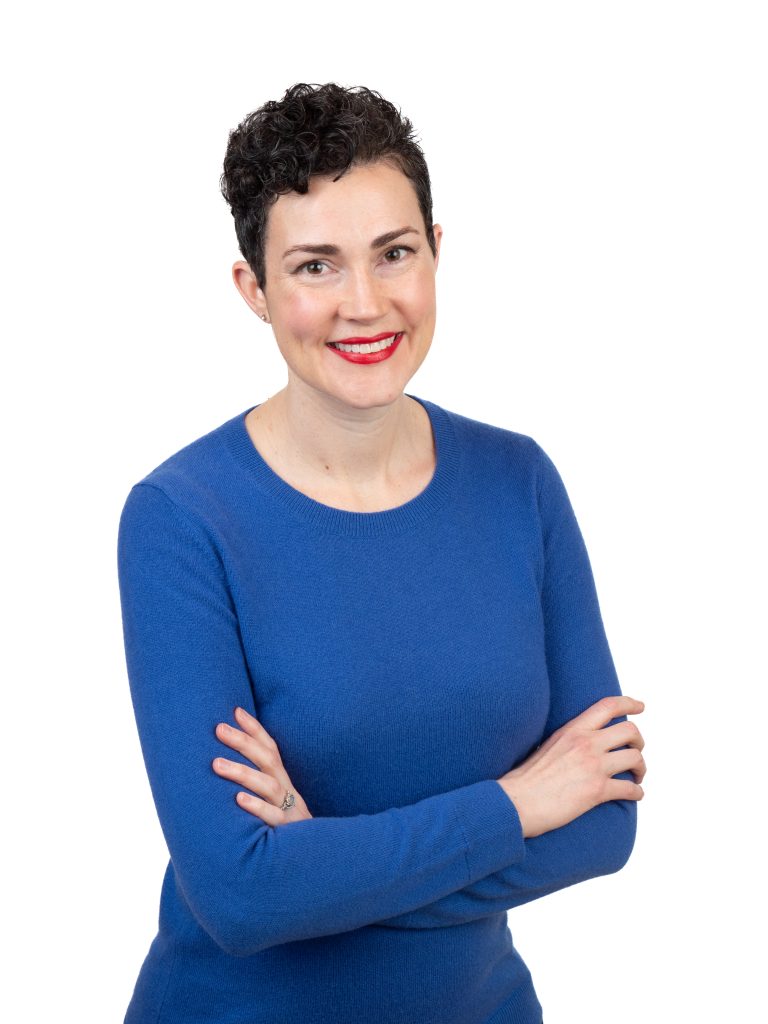SAN FRANCISCO, CA: Today was the 8th Annual Wildlife Conservation Expo, hosted by the Wildlife Conservation Network. The Wildlife Conservation Network is dedicated to protecting endangered species and preserving their natural habitats by supporting innovative strategies for people and wildlife to co-exist and thrive and fostering the entrepreneurial spirit in the field of conservation.
What got me out of bed and onto the Mission Bay campus of UCSF by 10:00am on a Saturday was a chance to hear Dr. Iain Douglas-Hamilton and Dr. Jane Goodall.
Dr. Iain Douglas-Hamilton, author of Among the Elephants and star of the BBC film Secret Life of Elephants: Elephant choices and survival, spoke about the compound problems African elephants are facing: a temporary lift on the 20-year ban on ivory poaching in Africa and drought. As a result, some elephants have turned to crop raiding, which Dr. Douglas-Hamilton insists “is not good for the elephant’s political image”.
Through use of cellular technology, Dr. Douglas-Hamilton’s team is able to track the wild African elephants’ movements to learn their migration patterns, which can help alleviate the elephant-human conflict for resources and also tell them when an elephant stops moving—perhaps due to poachers—so they can alert the authorities quickly.
“The key to all conservation efforts are local people,” Dr. Douglas-Hamilton said. “Ecotourism provides a participatory relationship in conservation.”
For more information on Dr. Iain Douglas-Hamilton, visit Save the Elephants.
 According to Charlie Knowles, Co-Founder of the Wildlife Conservation Network, 1 in 1,000 species go extinct every year and we are rapidly approaching loosing 1 in every 100.
According to Charlie Knowles, Co-Founder of the Wildlife Conservation Network, 1 in 1,000 species go extinct every year and we are rapidly approaching loosing 1 in every 100.
Dr. Jane Goodall announced we are “in the midst of the Sixth Great Extinction” and yet, she remains hopeful. In her new book, Hope for Animals and Their World, she recounts tales of how plants and animals on the brink of extinction—some even thought to be extinct for a century—are thriving again, thanks to the resiliency of Mother Nature and the perseverance of field biologists and conservationists.
Dr. Goodall is an enthralling speaker and storyteller, so I cannot possibly do her justice by quoting all her great sound bytes here, but I will leave you with a few choice take-aways:
- “Huge problems lie ahead, but as we raise awareness, passion and money, it is going to get easier.”
- “If you don’t give up, suddenly the future seems more rosy.”
- “It’s no good breeding a species if you can’t re-introduce it [to the wild]. Then it becomes a ‘museum species’, only in zoos.”
- “We can never hope to save the chimps if people are struggling and the chimps live in lush, protected forests…we ask the villagers what they need.”
- “If a chimpanzee who’s been abused by people can reach out and help a human in need, then surely we can reach out and help the animals now, in their time of need.”
- “Some give money, some volunteer, some take photos, sing songs. We can all do something and what a great world we’d live in if we all did”.
For more information on Dr. Jane Goodall or to purchase her book, please visit Hope for Animals and Roots and Shoots.
You can continue to support Asian Elephant conservation by:
- Making a tax-deductible donation to The Eyes of Thailand documentary film, through the film’s fiscal sponsor, the San Francisco Film Society. Please visit http://www.eyesofthailand.com and click “Donate Now” to be directed to the secure online donation page.
- Attending the world premiere of the new work-in-progress clip on October 21, 2009 at King of Thai Noodle (click here for details) or online at Vimeo (password will be released on Oct 21).
- Following us on Facebook, Indiegogo and Twitter.
Sincerely,
Windy Borman
Producer, Writer and Director, The Eyes of Thailand





